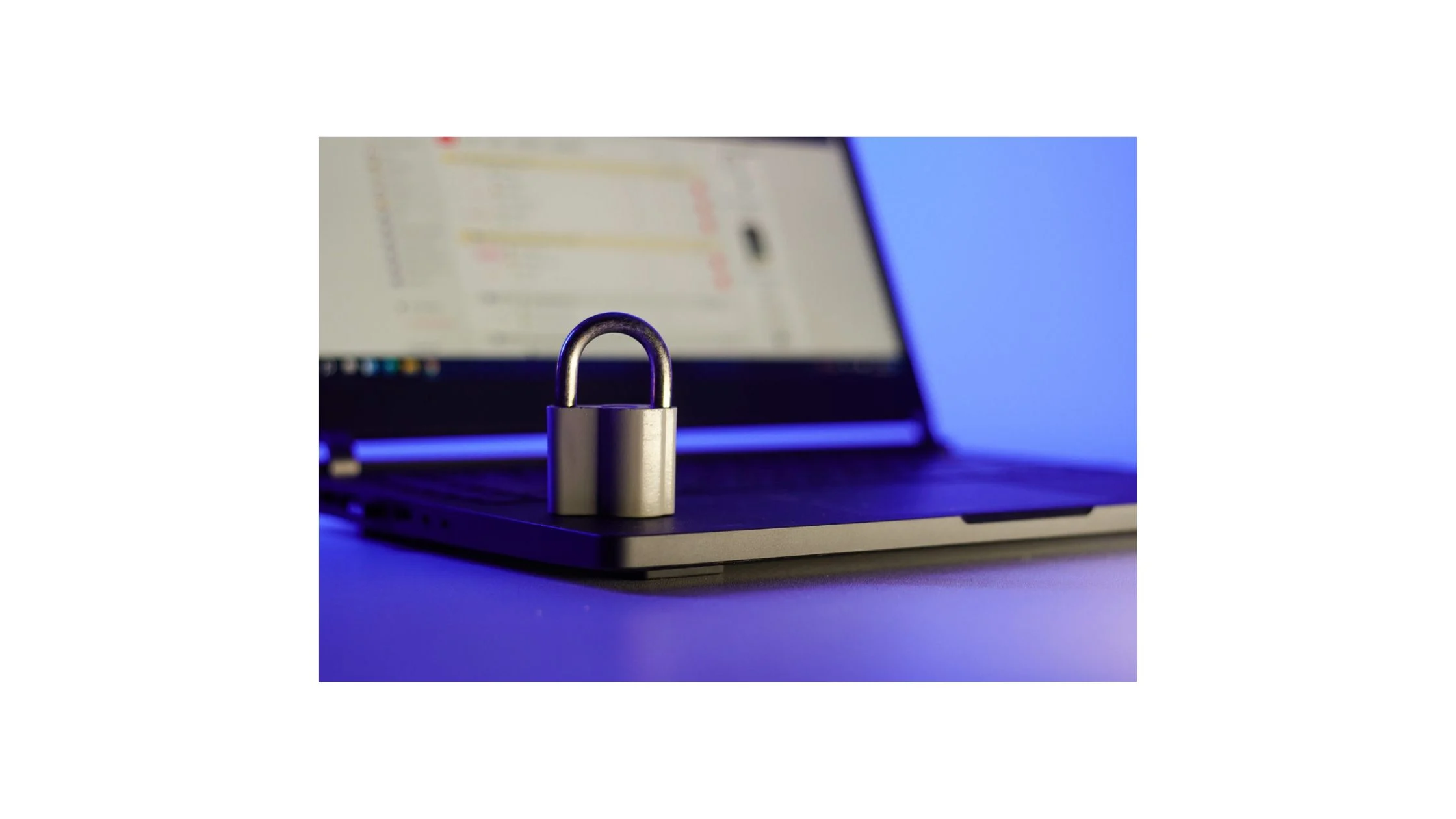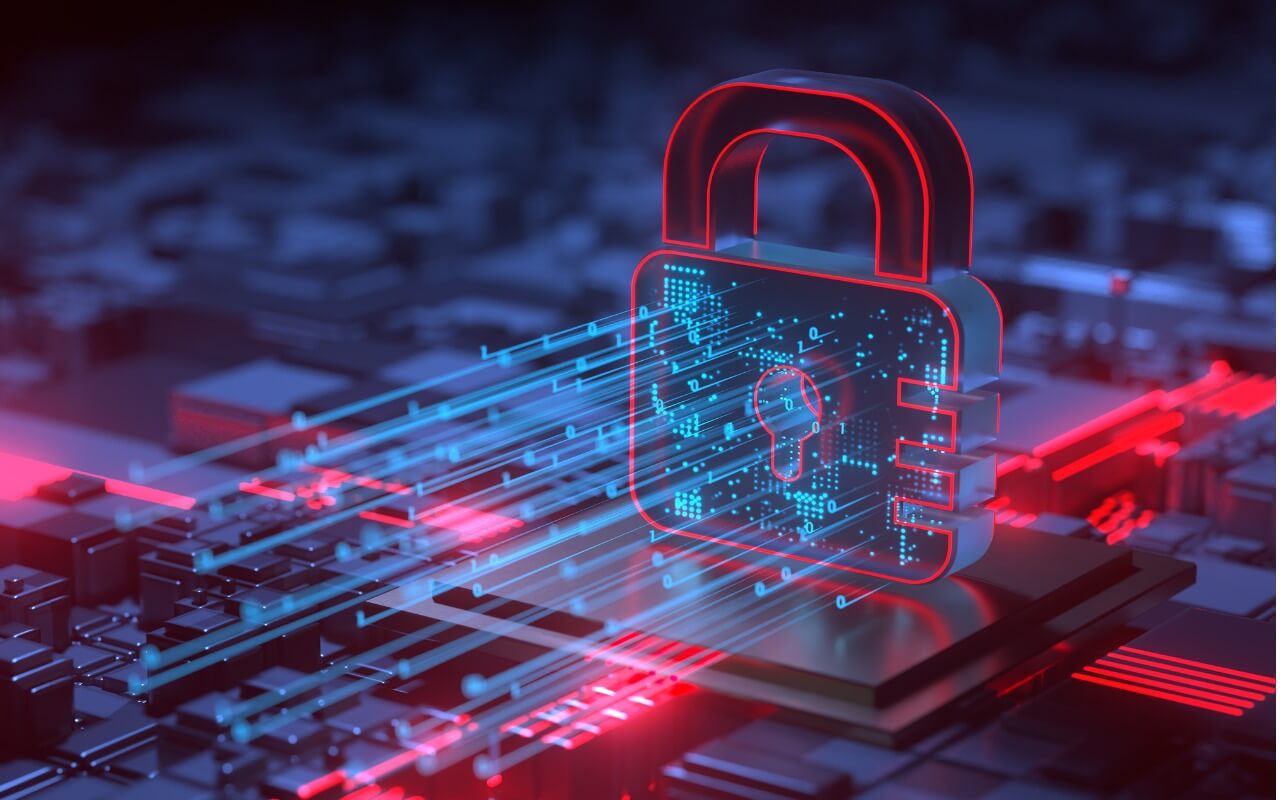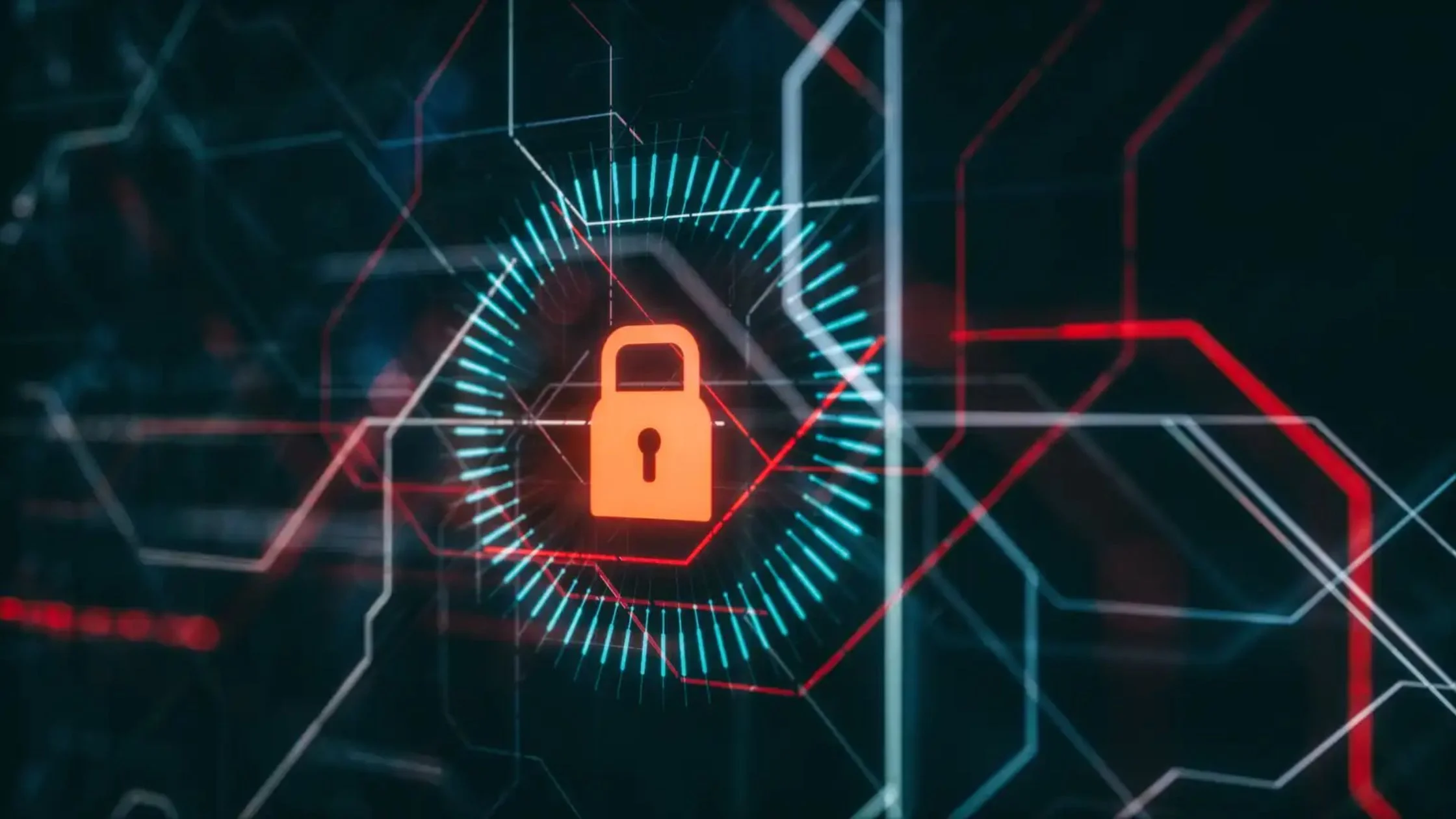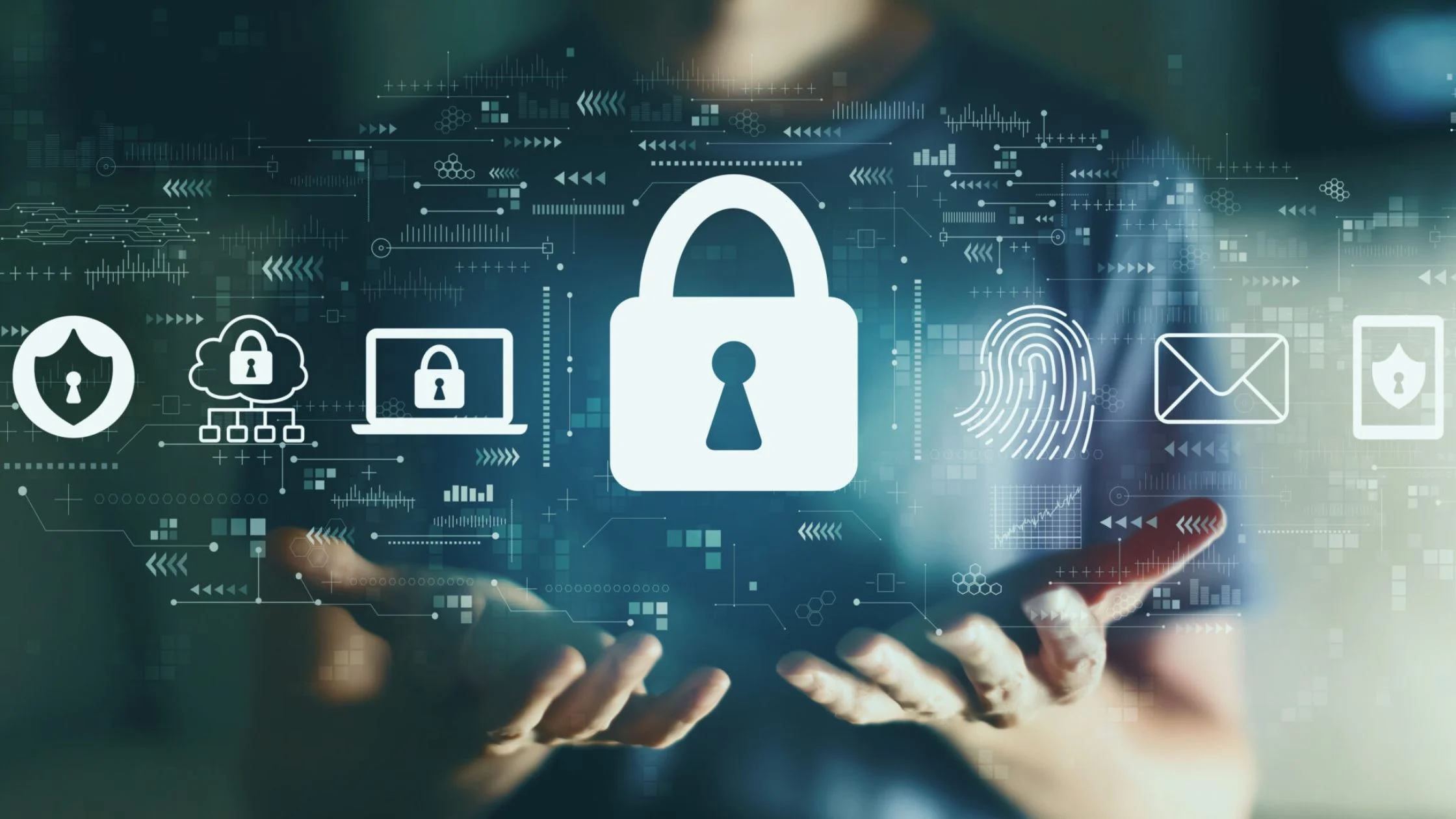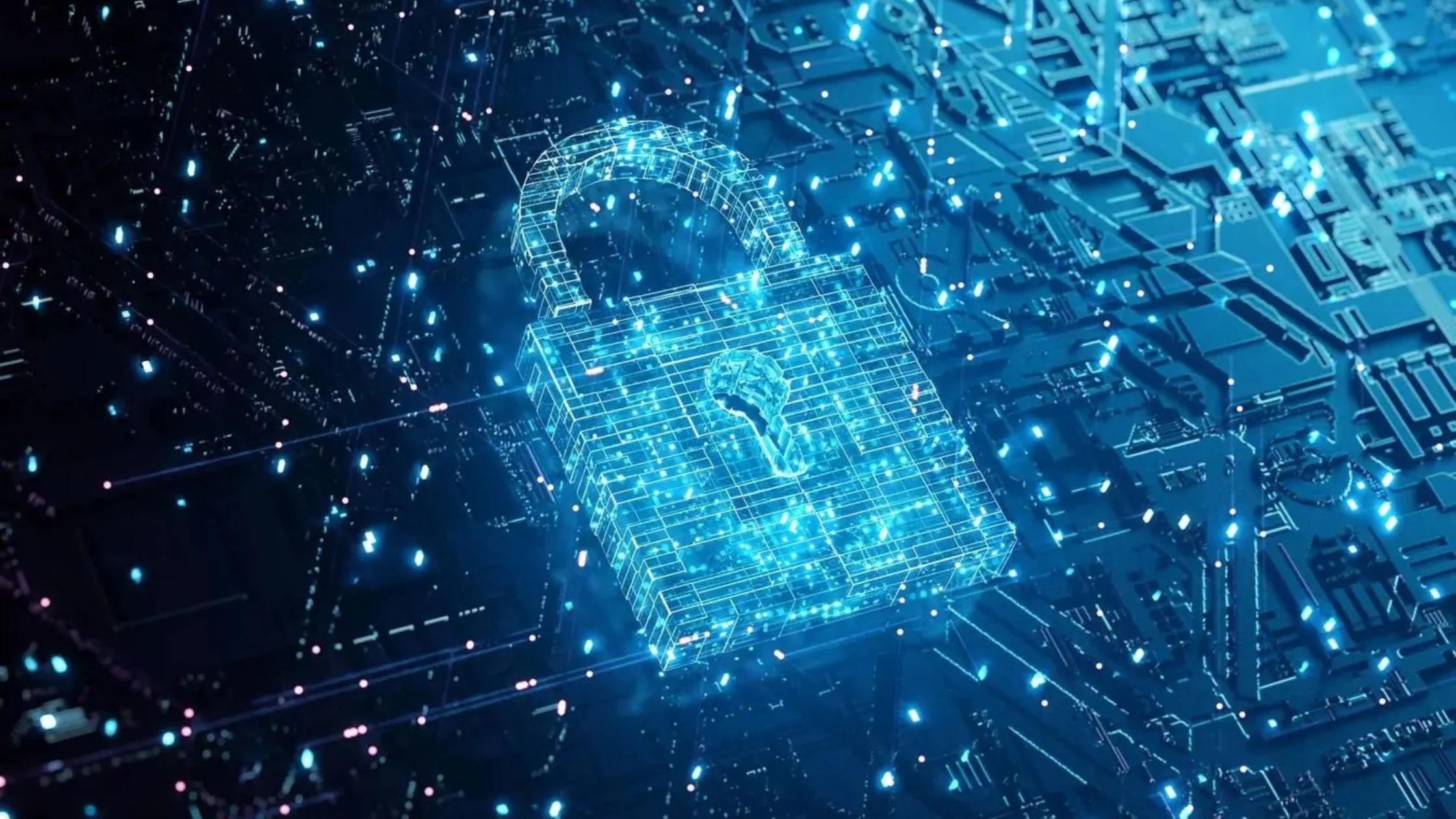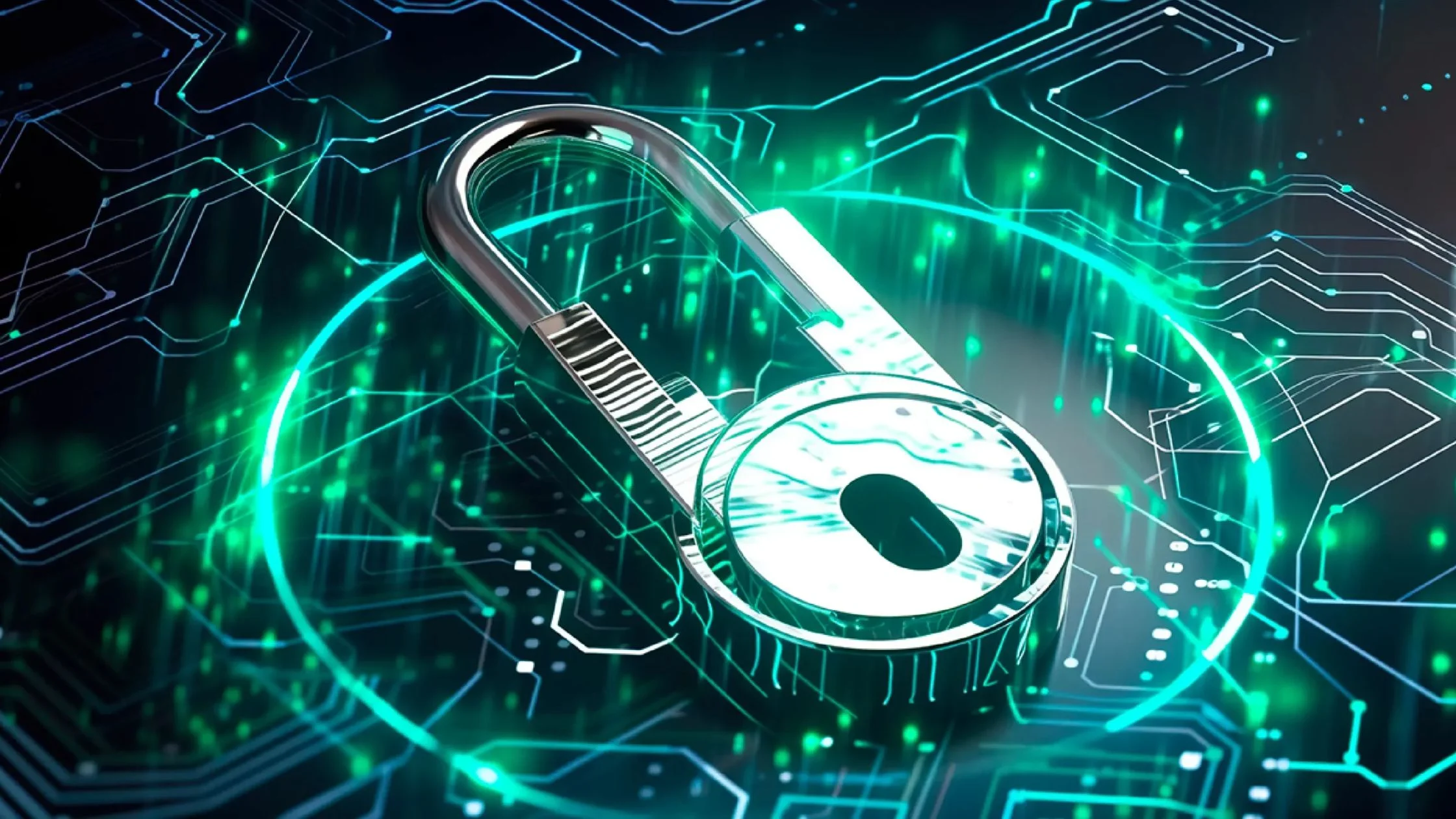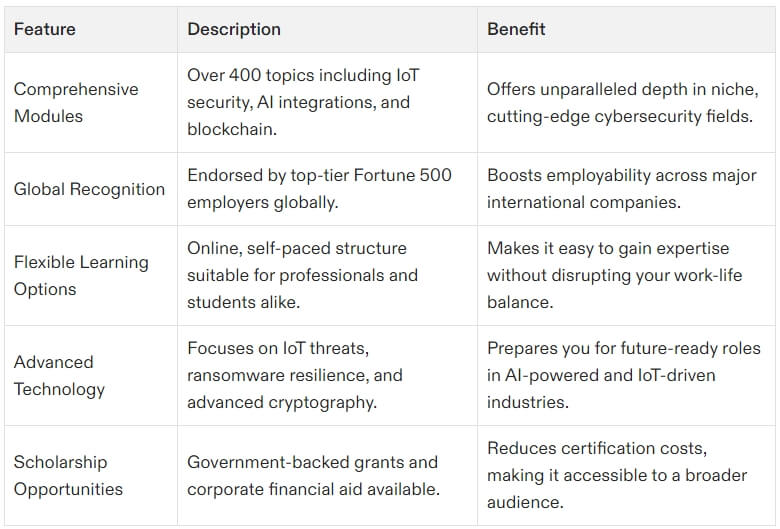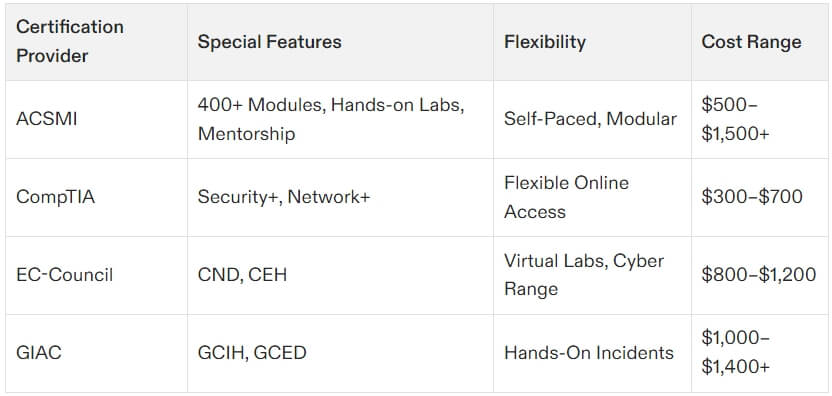Table of Contents
- FAQ About the Kaspersky Cybersecurity Certification Program
- 1. Who is the Kaspersky Cybersecurity Certification Program designed for?
- 2. Is prior cybersecurity knowledge necessary to enroll?
- 3. What is the duration of the Kaspersky Cybersecurity Certification Program?
- 4. What career roles will the certification prepare me for?
- 5. Is the certification globally recognized?
- 6. Are there resources to pass the certification exams?
- 7. What support is available during the program?
- final thoughts
The demand for skilled cybersecurity professionals has skyrocketed in recent years. With cyberattacks becoming more frequent and sophisticated, businesses and governments alike are seeking experts to protect their systems and data using advanced Security Management Tools. If you’re looking to embark on a rewarding, future-proof career in cybersecurity, the Kaspersky Cybersecurity Certification Program might just be your gateway to success.
Kaspersky, a leading name in cybersecurity, offers a comprehensive certification program that arms professionals with essential knowledge and practical skills. This certification not only prepares you for a successful career but also provides globally recognized credentials that will boost your employability. Let’s take a deeper look into what makes this program stand out and how it can help you thrive in the cybersecurity industry.
What is the Kaspersky Cybersecurity Certification Program?
The Kaspersky Cybersecurity Certification Program is a well-structured pathway designed by Kaspersky, one of the most trusted names in the cybersecurity industry. Kaspersky is renowned for its expertise in malware detection, endpoint security, and advanced threat defense, and has been a key player in cybersecurity for decades.
This program is designed to equip learners with the skills and knowledge needed to tackle various cybersecurity challenges. With a curriculum ranging from basic concepts to advanced topics, it ensures a well-rounded education. The program focuses on real-world applications, offering a combination of theoretical learning and hands-on practice. This approach helps learners effectively address the practical challenges faced by cybersecurity professionals in the industry.
Why Choose the Kaspersky Cybersecurity Certification Program?
The Kaspersky Cybersecurity Certification Program is designed for professionals who are serious about advancing their careers in cybersecurity. Here are several reasons why this program stands out:

1. Industry Recognition
Kaspersky is a globally recognized brand in the cybersecurity space. As one of the most respected names in the industry, their certification carries significant weight in the IT world. Completing this program ensures that your credentials are recognized by employers globally, enhancing your resume and opening up a range of career opportunities.
2. Comprehensive Learning Modules
The program offers a well-rounded learning experience, covering everything from basic cybersecurity concepts to more advanced topics. Whether you’re new to cybersecurity or looking to deepen your knowledge, the Kaspersky program ensures you’re equipped with the skills necessary to thrive in the industry. The modules are carefully designed to help you build a solid understanding of both fundamental and complex cybersecurity concepts.
3. Hands-On Learning
One of the key features of the Kaspersky Cybersecurity Certification Program is its focus on real-world application. The program includes hands-on learning opportunities, where you’ll work on simulations, case studies, and practical exercises. These hands-on activities allow you to develop problem-solving skills and gain experience in tackling real-world cybersecurity issues. By working through live scenarios, you’ll be better prepared to handle security challenges in actual work environments.
4. Flexible Learning Options
The program offers flexible learning options that cater to students and professionals alike. Whether you’re a full-time student, working professional, or someone with other commitments, you can take the program at your own pace. The flexibility provided by the online modules makes it easier for individuals with varying schedules to pursue their cybersecurity education without compromising their other responsibilities.
5. Career Advancement Opportunities
Completing the Kaspersky Cybersecurity Certification Program opens doors to a variety of high-paying job opportunities. With this certification, you can pursue roles such as security analyst, cybersecurity consultant, ethical hacker, and system administrator. By earning this credential, you position yourself as an expert in cybersecurity, making you highly attractive to potential employers in a competitive job market.
What You’ll Learn in the Kaspersky Cybersecurity Certification Program
The Kaspersky Cybersecurity Certification Program covers a wide range of topics essential for success in today’s cybersecurity landscape. Cyber Tech Trends are also explored throughout the course to ensure learners stay updated with the latest industry developments. Here’s an overview of what you’ll learn during the course:
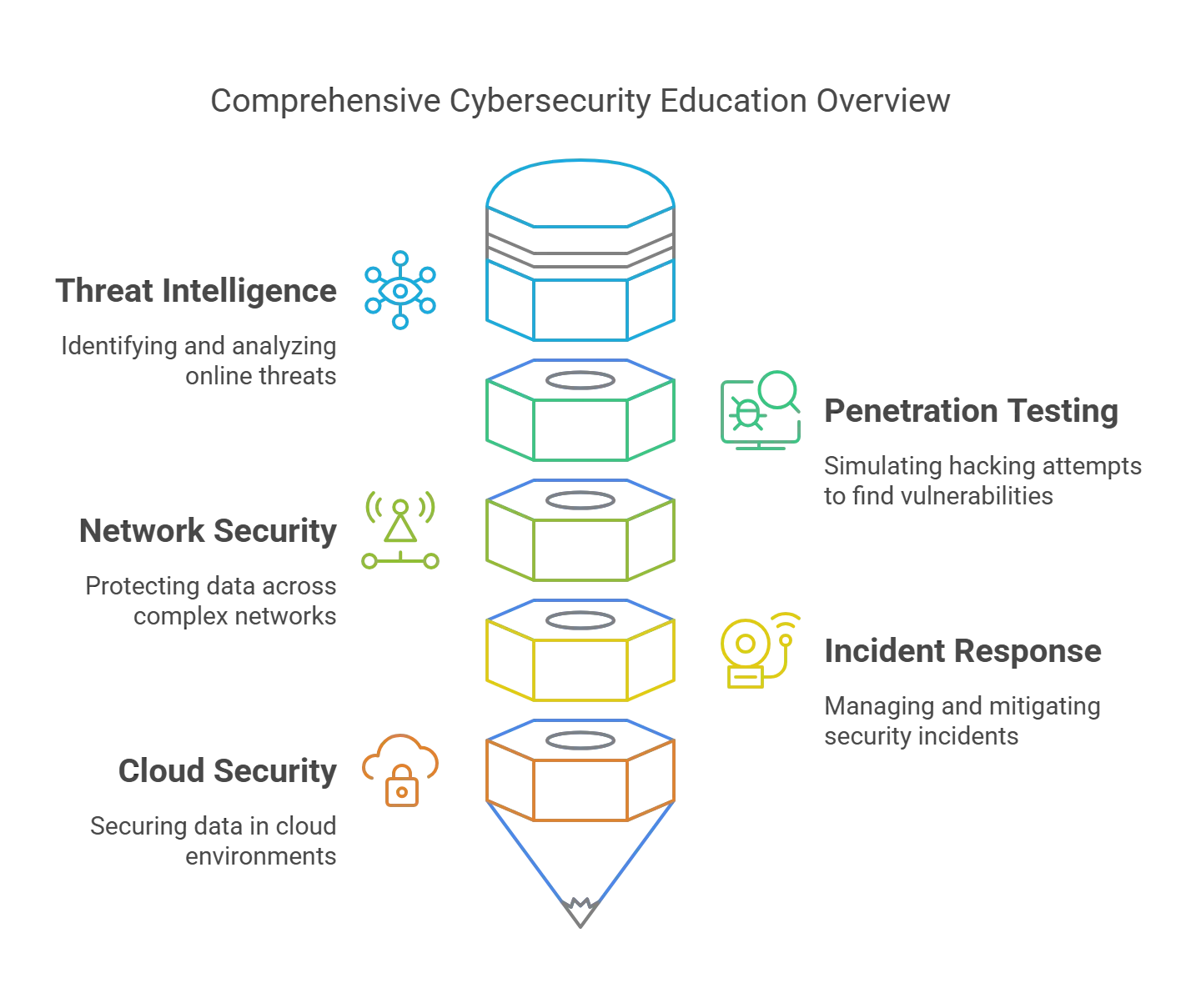
1. Threat Intelligence
Understanding threat intelligence is crucial for any cybersecurity professional. In this module, you will learn how to identify and analyze both known and emerging online threats. You’ll be equipped with the skills to anticipate potential attacks and prepare countermeasures in advance. This knowledge is essential for developing proactive security strategies and keeping organizations safe from cyber threats.
2. Penetration Testing
Penetration testing, or ethical hacking, is a key skill for identifying system vulnerabilities before malicious hackers can exploit them. In this section of the program, you will learn the tools and techniques used in penetration testing. By simulating real-world hacking attempts, you’ll be able to assess and strengthen system defenses. This practical knowledge will be invaluable in roles such as penetration tester and security consultant.
3. Network Security
In today’s digital age, network security is more important than ever. This module teaches you the methods for protecting sensitive data across complex networks. You will explore topics such as firewall configuration, VPNs, and intrusion detection systems (IDS), all of which are essential for safeguarding network traffic and ensuring data integrity.
4. Incident Response
Incident response is a critical aspect of cybersecurity. In this section, you’ll learn how to detect, respond to, and mitigate security incidents. You’ll gain the skills needed to manage incidents quickly and efficiently, minimizing damage and downtime. This module will also teach you how to develop incident response plans, ensuring that organizations can recover from cyberattacks and prevent future breaches.
5. Cloud Security
With more organizations moving their data and systems to the cloud, understanding cloud security is crucial. This module will teach you how to manage and secure data stored in cloud environments. You’ll learn about cloud security models, data protection, and identity management, all of which are essential in today’s cloud-first world.
What Makes It Unique?
The Kaspersky Cybersecurity Certification Program stands out for its real-world application approach. Unlike many other certification programs that focus purely on theory, Kaspersky’s program incorporates case studies, problem-solving challenges, and live scenarios. These practical experiences allow you to hone your skills and prepare for the challenges you’ll face in the cybersecurity field.
Another unique aspect is the collaborative learning opportunities. You’ll have the chance to connect with other learners, share insights, and work on team projects. This community-based approach enhances the learning experience and provides networking opportunities with like-minded professionals.
Moreover, the flexibility of the program ensures that it fits into your schedule, whether you are a full-time student, working professional, or someone looking to upskill.
How to Get Started with the Kaspersky Cybersecurity Certification Program
Getting started with the Kaspersky Cybersecurity Certification Program is simple. The first step is to explore the application details and choose the learning pathway that suits your goals. Once enrolled, you’ll gain access to the structured modules, valuable study resources, and expert trainers. Security Technology Key Trends are also covered throughout the program, giving learners up-to-date insights into the evolving cybersecurity landscape. ACSMI, a trusted partner in professional IT certifications, offers seamless enrollment for the program, guiding you through every stage of the process—from registration to certification completion.
Upon enrollment, you’ll have access to a comprehensive learning environment that will help you achieve your career goals. Kaspersky’s expert trainers, along with their resources, will provide you with the knowledge and skills needed to succeed in the cybersecurity industry.
Is ACSMI Certification the Right Choice?
ACSMI is an internationally recognized provider of IT and cybersecurity certification programs. The ACSMI certification program consists of over 400 modules covering various facets of cybersecurity technologies and strategies. By pairing the Kaspersky Cybersecurity Certification Program with ACSMI’s comprehensive certification offerings, you gain both depth and breadth in your knowledge of cybersecurity.
ACSMI’s advanced modules in areas such as cloud security, ethical hacking, and blockchain security complement Kaspersky’s program and further enhance your capabilities. Together, these certifications create a robust, marketable skill set that employers seek in cybersecurity professionals.
Final Thoughts
The Kaspersky Cybersecurity Certification Program is an excellent opportunity for anyone looking to advance their career in the fast-growing cybersecurity field. With globally recognized credentials, practical training, and flexible learning options, this program will equip you with the skills and knowledge needed to succeed in today’s competitive cybersecurity job market. Whether you’re just starting out or aiming to specialize in a particular area, the Kaspersky Cybersecurity Certification Program is the perfect stepping stone for building a rewarding career.
Start your journey today by enrolling in the Kaspersky Cybersecurity Certification Program, and complement it with ACSMI’s advanced training for even more specialized knowledge and expertise.
FAQ About the Kaspersky Cybersecurity Certification Program
1. Who is the Kaspersky Cybersecurity Certification Program designed for?
The program is designed for a wide range of individuals, including IT professionals, cybersecurity enthusiasts, students, and career changers who want to enhance their cybersecurity expertise.
2. Is prior cybersecurity knowledge necessary to enroll?
No, the program is suitable for both beginners and experienced professionals. It offers content tailored to various skill levels, ensuring that everyone can benefit from the program.
3. What is the duration of the Kaspersky Cybersecurity Certification Program?
The program’s duration depends on the intensity of your studies. With flexible learning options, you can progress at your own pace, completing the modules based on your schedule.
4. What career roles will the certification prepare me for?
Upon completion, you’ll be prepared for various roles, including Security Analyst, Cybersecurity Consultant, Penetration Tester, and System Administrator.
5. Is the certification globally recognized?
Yes, the Kaspersky Cybersecurity Certification Program is recognized internationally by employers around the world.
6. Are there resources to pass the certification exams?
Yes, the program includes study guides, practice exams, and access to an expert community for support throughout your learning journey.
7. What support is available during the program?
You’ll have access to experienced instructors, online resources, video tutorials, study guides, and practical exercises to help you succeed in the program.
